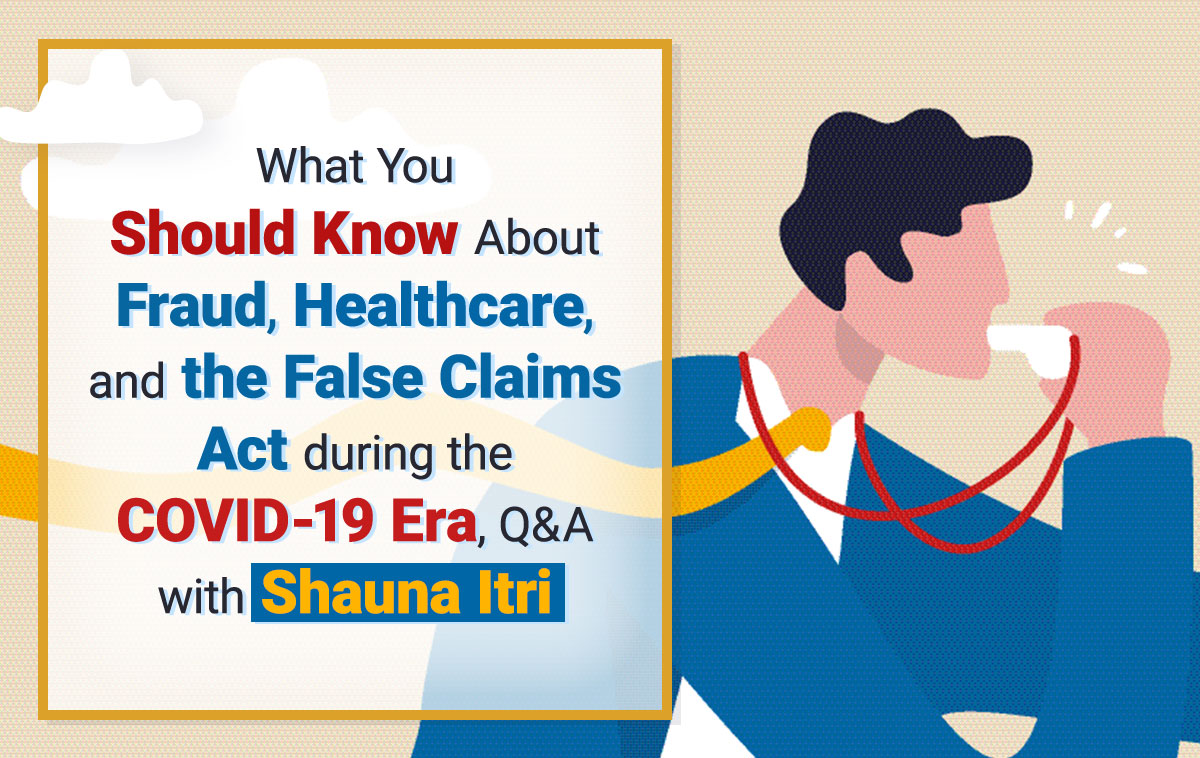How to Handle a Medicare Revocation Notice, Q&A with Courtney Tito

Courtney Tito, Member of the Health Law group at McDonald Hopkins, LLC in its West Palm Beach office recently presented the webinar “Don’t Let a Medicare Revocation End Your Practice.” Courtney returned to answer many commonly asked questions from the webinar.
What do you suggest a provider do first if they receive a notice of revocation?
As self-serving as this sounds, reach out to counsel. If you have in-house counsel take the letter to them immediately, if not then reach out and engage an experienced health care attorney who can discuss the matter with you and let you know your options for responding. Also, make sure to calendar any deadlines and if by chance the deadline has passed, immediately reach out and let CMS know you just received the letter and request an extension and if an extension is granted try to get confirmation in writing. Even if an extension isn’t granted to you make sure you let the attorney know of your attempt to obtain one.
What types of things are you seeing that lead to a revocation?
The most frequent bases I’ve seen over the last year are related to abusive billing practices and access to documentation. The first because that is something Medicare is always concerned about and because that guidance that states that just three improper claims serves as evidence of a pattern of abusive billing practices. The latter because everything in healthcare is evidence based and this is particularly true for Medicare. Remember, if it wasn’t properly documented then it didn’t happen.
Can a re-enrollment bar associated with a revocation be appealed?
Yes, but only in the first level of the appeal process – the reconsideration process. CMS has complete discretion with regard to re-enrollment bars and accordingly, even if an ALJ thinks a bar is unnecessary or too long they have no discretion to alter it.
What are some best practice tips?
I find I am repetitive when I am asked this question and if you’ve heard me speak before this will be familiar – DOCUMENT, DOCUMENT, DOCUMENT! Another tip I would have here is have a process in place or at least a responsible or accountable person or title for Medicare communications so that they are not disregarded as clerical or not-important by a clerk who may not understand their significance. Also, make sure you are diligently complying with Medicare notice and timing requirements for updating your practice information so that the mail from Medicare is always going to someone who will understand what needs to be done and how to get it done. Finally, get an experienced health care attorney involved as early as possible.
 Ms. Tito counsels and represents clients in a variety of health law areas, including, federal and private payor audits and disputes, reimbursement, contract, corporate, enrollment revocations, payment suspensions, internal investigations, compliance reviews, and in responding to federal subpoenas and civil investigative demands. Her litigation background gives her a unique perspective for all health law related dispute matters. Ms. Tito regularly writes articles, alerts and blogs on health care topics, particularly those related to reimbursement issues.
Ms. Tito counsels and represents clients in a variety of health law areas, including, federal and private payor audits and disputes, reimbursement, contract, corporate, enrollment revocations, payment suspensions, internal investigations, compliance reviews, and in responding to federal subpoenas and civil investigative demands. Her litigation background gives her a unique perspective for all health law related dispute matters. Ms. Tito regularly writes articles, alerts and blogs on health care topics, particularly those related to reimbursement issues.
Be sure to view a recording of this webinar here and don’t miss our many other expert webinars, podcasts, and blogs with Courtney, as well, which can be found here. Take a look in our Shop which includes on-demand webinars, compliance posters, and books.






